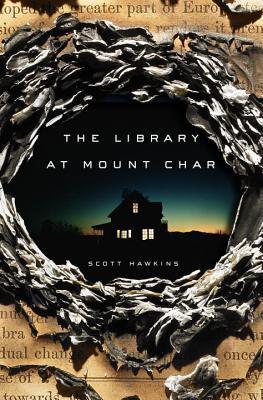clb2326 started reading...

Hell Bent (Alex Stern, #2)
Leigh Bardugo
clb2326 commented on a List
Demisexuals for the Win
Books featuring demi leads, for those of us who live vicariously through our books✨
Demisexuality may not be explicitly disclosed or outright discussed in these stories; I did my best to find stories that should have a main lead that presents as demi. Recommendations are encouraged 🖤💜🩶🤍
17






clb2326 finished reading and wrote a review...
Free birth control, sponsored by Libby
clb2326 started reading...

Nightbitch
Rachel Yoder
clb2326 finished reading and wrote a review...
View spoiler
clb2326 started reading...

Julie Chan Is Dead
Liann Zhang
clb2326 finished reading and wrote a review...
Y’all I am too woke to rate this book any higher
Review: yada yada good character development yada yada background characters are definitely background yada yada problematic things in this book that it feels like the author definitely hid behind, etc
clb2326 is interested in reading...

The Color Purple
Alice Walker
clb2326 is interested in reading...

Lady Chatterley’s Lover
D.H. Lawrence
clb2326 is interested in reading...

Madame Bovary
Gustave Flaubert
clb2326 is interested in reading...

Zami: A New Spelling of My Name
Audre Lorde
clb2326 is interested in reading...

Persepolis: The Story of a Childhood (Persepolis, #1)
Marjane Satrapi
clb2326 started reading...

Perfume & Pain
Anna Dorn
clb2326 DNF'd a book

Flashout
Alexis Soloski
clb2326 started reading...

Flashout
Alexis Soloski
clb2326 finished reading and wrote a review...
It’s been a long time since a book rendered me speechless like this. It’s not just a “so good I had to stare at the wall for a minute” or “so heavy I needed to breathe and think” but a combination of both, and I can’t remember the last time it was both. Especially on the topic of racial injustice. Unfortunately, I think that’s a bigger reflection of my not reading enough about this because I thought the topic was too uncomfortable, and this book helped me realize that my discomfort is minimal. I should still seek to understand, even if I feel wildly unqualified to leave a review.
Simply put, this book is a necessary read for anyone who counters the phrase “Black Lives Matter” with “All Lives Matter.” After a horrific history where black people were treated so unjustly, the right thing to do is say, by name, that they matter. That the injustice they face is often racially motivated and that they are victims of police brutality more than other races. “All lives matter” tries too quickly to smooth over the discomfort instead of letting it come to the forefront and forcing people to reckon with systemic injustice. And this book, written before George Floyd’s and Breanna Taylor’s deaths, demonstrates this in a way I hadn’t understood before. I don’t think I’ll ever be able to truly understand, but this book made me want to learn more and educate myself. I have to give it credit for that.
clb2326 started reading...

The Hate U Give (The Hate U Give, #1)
Angie Thomas
clb2326 finished reading and wrote a review...
A beautiful story about what it means to be human and how to navigate the messy messiness of life. Incredible writing, instantly had me hooked. The last page was the only issue I had
clb2326 finished reading and wrote a review...
Ali Hazelwood enemies to lovers we are SO BACK (this was a perfect airplane read)
clb2326 started reading...

Blob: A Love Story
Maggie Su















